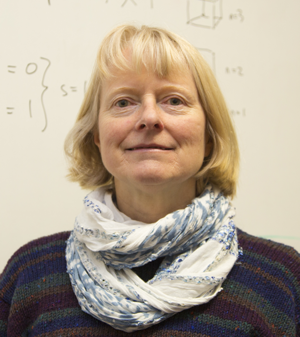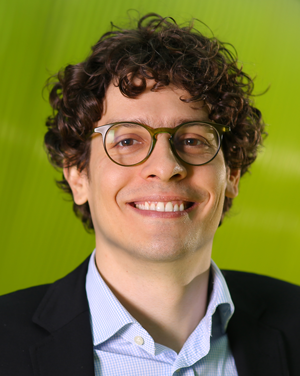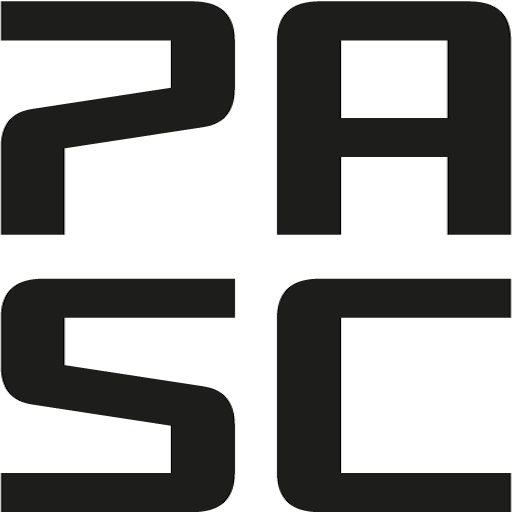The theme of PASC21 is New Challenges, New Computing Paradigms and we are delighted to announce our conference keynote presenters who will address this topic from a variety of perspectives. We look forward to hearing how new computing paradigms – both in software and hardware – are being used to tackle major societal issues of today.
 PASC21 keynote: Vivien Kendon (Durham University) is an associate professor of physics at Durham University and a world leader in hybrid quantum and classical computation and how to exploit the best of both paradigms.
PASC21 keynote: Vivien Kendon (Durham University) is an associate professor of physics at Durham University and a world leader in hybrid quantum and classical computation and how to exploit the best of both paradigms.
Quantum Computing: Prospects and Challenges
Quantum computing promises more efficient computation for some important types of problems, such as simulation of quantum systems, non-convex optimization, and (famously) factoring large semi-primes. However, the first useful quantum computers will be limited in what they can do. Applying them to bottlenecks that are hard for classical computers is key to extracting the best performance out of combined classical and quantum hardware. Interfacing different types of hardware brings many challenges, including mismatched timescales, incompatible data formats, and more complicated logic in the programme flow. The basic concepts that make quantum computing an exciting near term prospect will be explained for non-experts, and some of the more adventurous opportunities explored.
 PASC21 keynote: Jeronimo Castrillon (TU Dresden) is a professor in the Department of Computer Science at TU Dresden and is head of the Chair for Compiler Construction. His research focuses on methodologies, languages, tools and algorithms for programming complex computing systems.
PASC21 keynote: Jeronimo Castrillon (TU Dresden) is a professor in the Department of Computer Science at TU Dresden and is head of the Chair for Compiler Construction. His research focuses on methodologies, languages, tools and algorithms for programming complex computing systems.
Domain Specific Languages to Tame Heterogeneous and Emerging Computing Systems
Programming heterogeneous computing systems is a daunting task and will become even more challenging with the advent of emerging computer architectures. This complexity will make it harder to democratize high-performance computing, which today relies heavily on expert programmers to write efficient parallel code. This talk discusses domain specific languages (DSLs) as a promising avenue to tame heterogeneity for non-expert programmers. The high-level semantics in DSLs improves productivity while enabling coarser-grained optimization and safer code generation. Examples are provided from the domains of big-data, physics simulations and machine learning. The talk closes with insights on how compilers can leverage the high-level semantics of DSLs to optimize for emerging memory technologies.
PASC21 keynote: Dalia Conde (Species360 and University of Southern Denmark) collaborates with a broad network of scientists, zoos, aquariums, conservation organizations and policymakers to revolutionize animal conservation through the use of big data and high performance computing techniques.
Exploring and Mapping Data Landscapes to Rescue Species from Extinction
The escalating power of machine learning, big data and exascale computing positions computer scientists with critical methods needed to resolve one of humanity’s greatest challenges as identified by the World Economic Forum 2020: biodiversity loss. The design and implementation of species conservation strategies directly rely on accessing a high variety and volumes of information on species’ genetics, habitat, threats and human use. Despite promising advances in digital infrastructure and open data, we are still struggling to provide essential analytics for effective decision-making. In this keynote talk, we will unveil the results of a global initiative aiming to map, quantify and disseminate species open information to conservation policymakers globally. By developing partnerships to map information and generate development platforms, workflows and storage between open biodiversity repositories, we will outline how computational methods can be applied to novel scientific domains.
